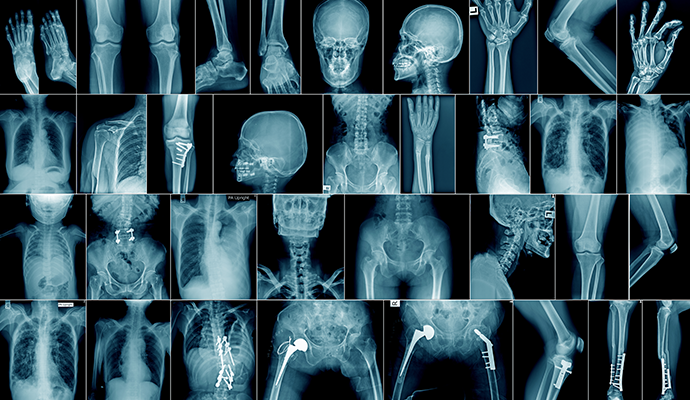FDA Expands MRI Compatibility for XR Spinal Cord Stimulation
FDA’s new labeling lifts MRI restrictions for lead tip locations and radiofrequency power used as part of the standard operating mode of an MRI scan.

Source: Getty Images
- FDA recently approved new expanded magnetic resonance imaging (MRI) compatibility for Abbott’s Proclaim XR Spinal Cord Stimulation (SCS) System with Octrode Leads.
The Proclaim XR SCS System is an implantable spinal cord stimulation device that allows patients to attain relief from chronic pain of the trunk and limbs.
FDA’s new labeling lifts MRI restrictions for lead tip locations and radiofrequency power used as part of the standard operating mode of an MRI scan.
Under the expanded MRI labeling, Proclaim XR SCS device covers the majority of Proclaim XR patients and adds additional benefits to those patients and their healthcare providers, including higher quality imaging with faster MRI scan times.
“MRIs have increasingly become an important tool helping doctors diagnose an illness or injury. They are particularly important for patients who have certain comorbidities, such as cancer or multiple sclerosis,” Allen W. Burton, MD, medical director of Abbott’s neuromodulation business.
“We made it our mission to secure expanded MRI labeling for our spinal cord stimulation devices — both those that were already implanted and those still to be implanted – for the sake of the patients and their doctors,” Burton continued.
Experts have concerns over how MRI scanners could impact the placement of implantable devices. In addition, restricted MRI labeling adds a layer of complexity. Therefore, researchers must find an imaging facility willing to modify their workflow and work within the MRI labeling limitations of the patient’s implant.
FDA’s label update will also benefit existing patients implanted with Proclaim XR SCS Systems with Octrode leads, improving their access to MRI imaging.
For example, radiologists can place Octrode lead tips anywhere needed along the spine and still be considered MR Conditional. So, a patient can undergo MRI scans within the approved outlined conditions.
Timothy Deer, MD, president and chief executive officer at The Spine and Nerve Centers of the Virginias, stated that more clinicians can utilize MRIs to improve quality of care among a patient population with complex needs and source a particular issue in less time and without fear of safety complications.
